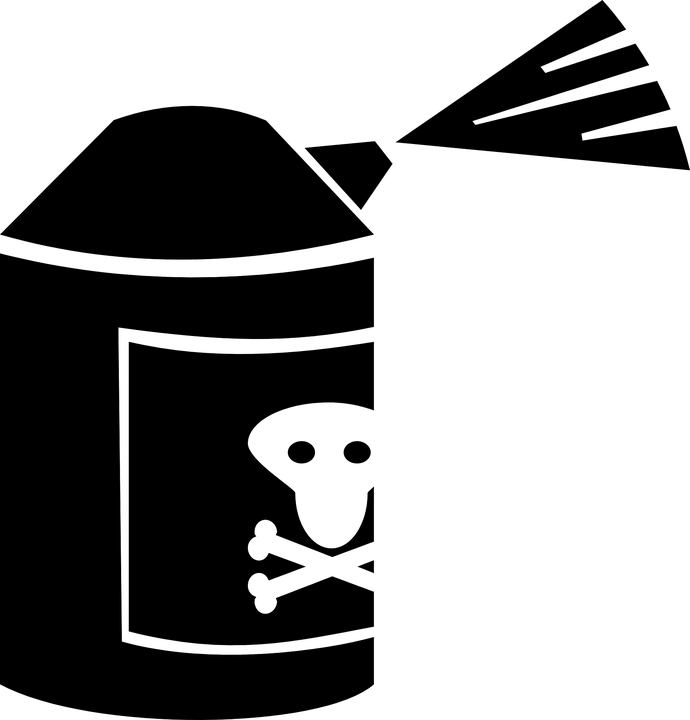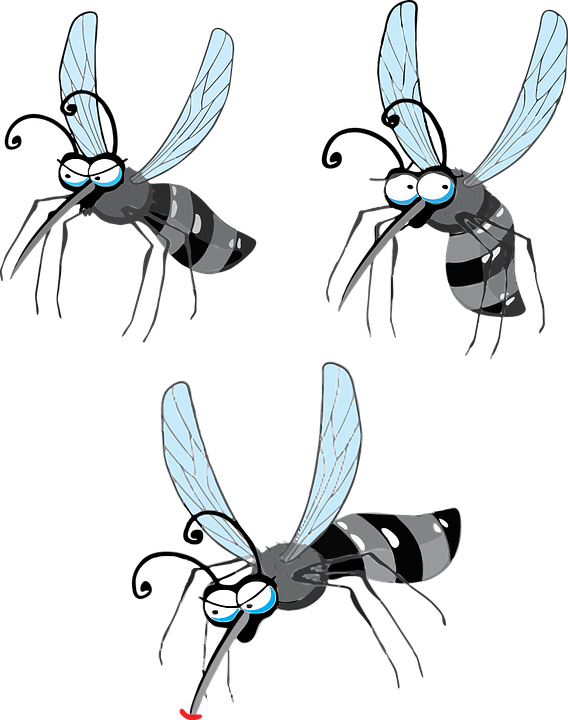
INSECT REPELLENT AND CHILDREN’S HEALTH
It’s that time of year again; mosquito season. Now you must ask yourself: suffer the irritating itching left behind after a mosquito has paid you a visit, or slather yourself with a dizzying array of chemicals and concoctions, some of whose health effects are completely unknown? Perhaps you can avoid either alternative. Here are some facts to help you decide…….
GET PROACTIVE
Here’s a list of tips to avoid using repellents altogether!
- Eliminate standing water in low spots, ditches, gutters and similar areas.
- Empty weekly or remove receptacles that collect rainwater (bird baths, old tires).
- Mosquito netting and tight screens can provide mosquito-free areas.
- Some mosquitoes are attracted to lights. Reduce unnecessary lighting to make yards less attractive.
- “Bug zappers” do not reduce mosquito landing or biting. They attract and kill many insects but few are mosquitoes that attack humans. Many of the insects killed are beneficial because they feed on Garden pests. The newly created “Mosquito Magnet”, on the other hand, has been shown to be safe and effective.
- Light-colored clothing is less attractive to adult mosquitoes. Tightly woven fabrics give some protection against biting.
- Avoid wearing scented personal care products (perfumes, lotions, shampoo, etc.) and clothing that is scented from detergents and dryer sheets.
BOTANICAL REPELLENTS
There are many botanically based repellents available for consumers, and although they don’t last as long as conventional repellents that contain DEET, studies show many of them to be just as effective for shorter periods of time.1 These natural repellent products contain plant-based oils, such as oil of geranium, linseed oil, cedar, citronella, clove, peppermint, lemongrass, eucalyptus, or soy (research shows eucalyptus and soy based formulas to be most effective.) Even though they are “natural”, caution should be taken with these products as they can cause allergic reactions, skin and respiratory irritation, and other adverse health effects.
To get the most out of natural repellents, you should follow these directions:
- Reapply often (Using only as much as is recommended). Most plant-based repellents rely on fragrance to repel insects.
- Keep natural repellents out of eyes and mouths.
- Don’t apply repellents to children’s hands since they tend to stick them in their mouths.
- Don’t apply over cuts or wounds.
- Apply only to exposed skin and clothing.
- Don’t use sprays directly on face. Spray first on hands for application and then wash hands
DEET

- Insect repellents should be used sparingly on children and should not be used at all on children under the age of 2.
- Use products with concentrations less than 20%. (The American Academy of Pediatrics recommends concentrations less than 10 percent for children under 6.)
- Apply only to exposed skin and clothing, not to skin under clothes.
- Avoid frequent reapplication or skin saturation; use as little repellent as possible. Saturation will not necessarily improve the repellent’s efficacy.
- Do not apply to cuts, wounds or irritated skin.
- Keep away from eyes and mouth.
- Do not apply to hands of young children.
- Do not spray directly over face.
- Avoid breathing DEET aerosol sprays.
- Wash off immediately after use.
- Pregnant women should avoid the use of DEET in their first trimester. DEET can cross the placenta and expose babies in the womb.
- Avoid combination sunscreen/insect repellent creams that contain DEET. Since sunscreens must be applied frequently and generously, use of combination formulas may lead to unnecessary overexposure to DEET.
The Northwest Coalition for Alternatives to Pesticides recommends avoiding purchasing any product unless all ingredients are identified. If the label lists “inert” ingredients or doesn’t identify all ingredients, choose another product.
Note:
Permethrin has come under question for use on humans as an insect repellent. The EPA has classified it as a carcinogen and it is considered acutely toxic. Never apply permethrin directly to skin. If you choose to use it, apply it only to clothing. Apply it to clothing in a well- ventilated area, allow 2 hours drying time, and then put on clothes.
REFERENCES:
1. Consumers Union. 2000. Buzz Off! Consumer Reports (June): 14-17.
2. Reigart, J.R., and J.R. Roberts. 1999. Recognition and management of pesticide poisonings. Washington, D.C: U.S. EPA. Office of Prevention, Pesticides, and Toxic Substances. pp. 80-81.
“If you think you are too small to be effective, you have never been in the dark with a mosquito.”
author unknown
Minnesota Children’s Health Environmental Coalition www.checnet.org/mnchec

